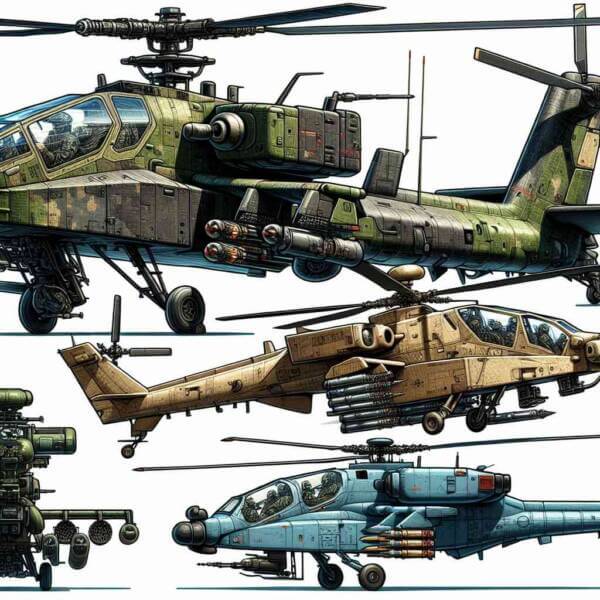Essential Facts About Military Aviation
Essential Facts About Military Aviation
Blog Article

Military aviation is an essential part of modern defense strategies around the world.
Today, military aviation encompasses a wide range of technologies, from fighter jets and bombers to surveillance drones and transport planes.
The Evolution of Military Aviation
As technology advanced, airplanes were adapted for offensive operations, changing the nature of warfare forever.
Major milestones in military aviation history include:
- The introduction of fighter planes and bombers
- Creation of long-range bombers and jets
- Rapid development of jet technology
- Rise of unmanned aerial vehicles (UAVs)
Each era brought more powerful aircraft that redefined military capabilities.
Main Categories of Military Aviation
Military aviation includes a variety of aircraft, each designed for different roles.
Types of planes used in military aviation:
- Fighter jets
- Planes that deliver heavy payloads
- Logistical support aircraft
- Unmanned aircraft for intelligence gathering
Each type plays a critical function in military operations, from securing airspace.
The Strategic Value of Military Aviation
Controlling the skies gives forces the advantage.
Strategic advantages of air dominance:
- Reducing enemy effectiveness
- Disrupting enemy supply lines
- Surveillance and reconnaissance missions
- Demonstrating power and deterrence
Nations with strong military aviation capabilities can shape outcomes.
Technological Innovations in Military Aviation
Constant research and development redefine capabilities for future warfare.
Recent innovations include:
- Low-visibility planes
- Hypersonic weapons
- Autonomous drones
- Directed energy weapons
These advancements expand mission possibilities for air forces worldwide.
Challenges in Military Aviation
From high costs to geopolitical tensions, the road to air dominance is filled with hurdles.
Pressing issues in military aviation:
- Expensive research and operations
- Short life cycles for cutting-edge aircraft
- Cybersecurity threats
- Questions about accountability and control
Addressing these challenges is essential for maintaining air power.
Where Military Aviation is Heading
The future of military aviation promises an era of transformation.
Expected advancements:
- Autonomous mission planning
- Space as the next battlefield
- Developing sustainable aviation technology
- Collaborations across allied air forces
The next era of military aviation will redefine defense.
Final Thoughts on Military Aviation
Military aviation remains an irreplaceable element in global defense.
As technology continues to evolve, the skies will remain a critical arena where military aviation safeguards freedoms.
The future of military aviation is full military aviation of potential — and it’s only just beginning. Report this page